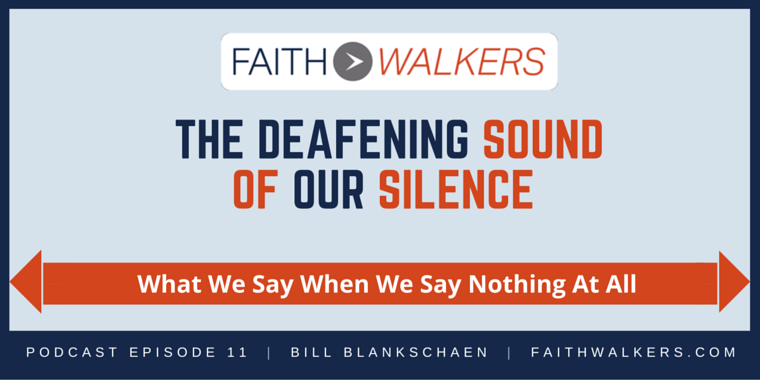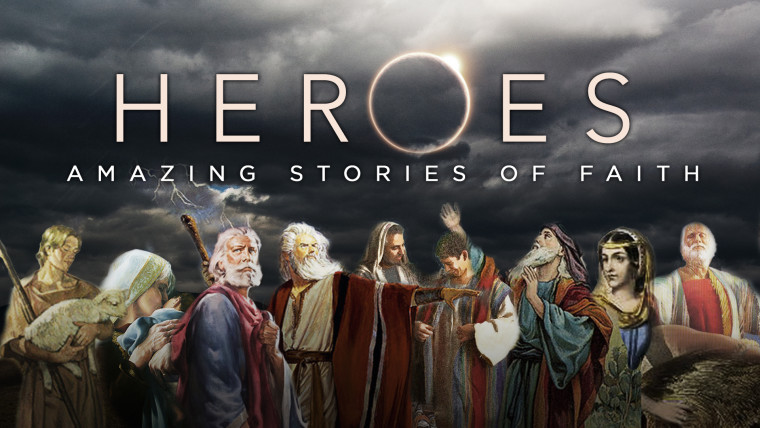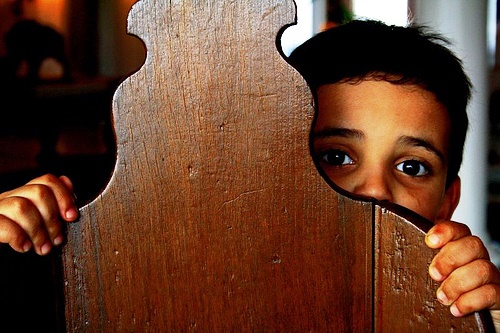“Let your YES be YES and your NO be NO,” Jesus said. The context was the making of vows. If you say you’re going to do something, be sure to do it. But how often do we say YES without realizing the true cost?

Every time we say YES, we also say NO.
We can’t do it all.
As finite beings, we must make trade-offs.
If we say YES we will serve at church on Sunday morning, we cannot also say YES we will spend that morning with family.
If we say YES we will take on another work project that requires us to work on the weekends, then we say NO to helping our children with their projects on the weekend.
If we say YES to seasons of intentional rest, we say NO to other opportunities to make more money.
Trade-offs. They’re everywhere.
They are real, not imaginary.
And they are not bad things.
The Value of Trade-offs
Unfortunately, we tend to avoid making the tough choices because we don’t want to disappoint others. We fear what they will think, what they will say, and worse—what we think they will say when we project our fears onto them.
In the end, we run from a monster that often exists only in our imaginations.
Fearing people is a dangerous trap, but trusting the LORD means safety. –Proverbs 29:5 NLT
When God commanded us to keep the Sabbath Day holy, he was instituting margin into our lives. (Interestingly, 10% of a week is 16.8 hours, about one day, not counting time for sleep.)
He knew we would tend to lose our focus on what matters most—Him—and skip rest in our quest to do more.
He knew that, ultimately, our pursuit of more would consume us, so he forced us to choose.
Jesus also said that we cannot serve both God and money. We must choose.
He challenged the rich young ruler with a trade-off—love your stuff or follow me.
He warned us to count the costs before tackling a new direction, even the costs of following Him.
Our relativistic culture preaches a different gospel—you can have it all, do it all, be all things to all people.
It tells us we can bend the meaning of words to fit whatever definitions we desire and reality will bend with it.
Not true.
Gender doesn’t change because we want it to. Marriage doesn’t change because a court redefines it. And time doesn’t bend to our wishes simply because we say YES too often.
For every YES, there is an equal and opposite NO.
When we realize this truth, we can better evaluate the cost of saying YES.
Ask this Question
The next time you find yourself ready to say YES to something—no matter how good it may seem or how pressured you may feel—push pause.
Ask yourself this question: If I say YES to this, what am I saying NO to?
Remind yourself of these immovable facts:
- I cannot do it all.
- The more I do, the lower the quality of all I do.
- I can choose what I will do well and what I will not do.
- My story will be written by what I choose to do well.
The true cost of saying YES without recognizing the NO is that we let someone else write our life story.
Bonnie Ware, a nurse who cared for people as they neared the end of this earthly season of their story, shared “The Top 5 Regrets of the Dying.”
The single greatest regret she heard expressed by those facing the reality of death was this:
I wish I’d had the courage to live a life true to myself, not the life others expected of me.
“This was the most common regret of all. When people realize that their life is almost over and look back clearly on it, it is easy to see how many dreams have gone unfulfilled. Most people had not honored even a half of their dreams and had to die knowing that it was due to choices they had made, or not made.
Put another way, I wish I’d had the courage to say NO to others expectations of me so I could have said YES to what mattered most.
Make your story worth telling where and when it matters most.
Don’t wait until it’s too late to discern the true cost of the choices you make.
Share your thoughts by clicking here.
What are you saying YES to today—and what is it truly costing you? [/Reminder]








